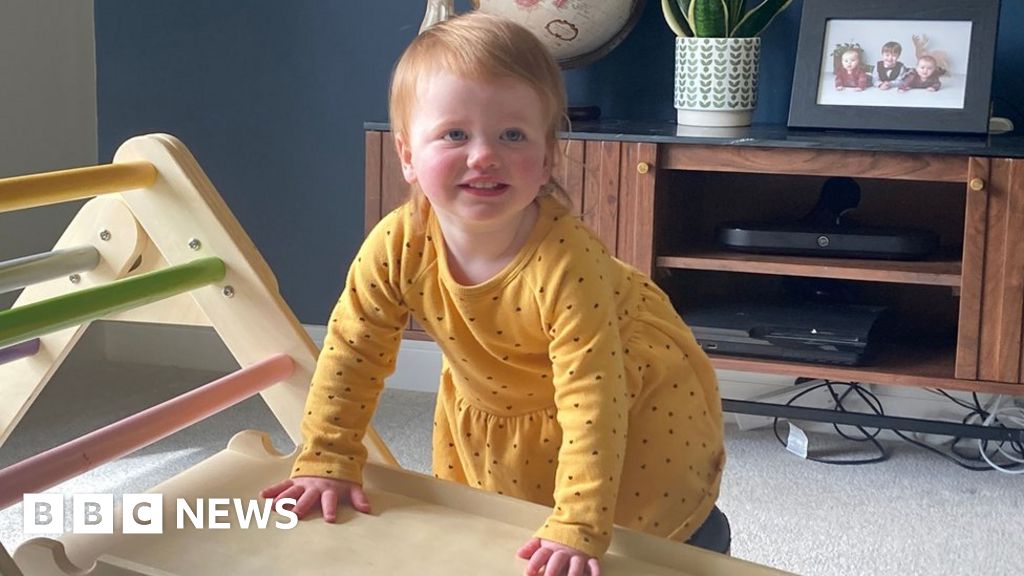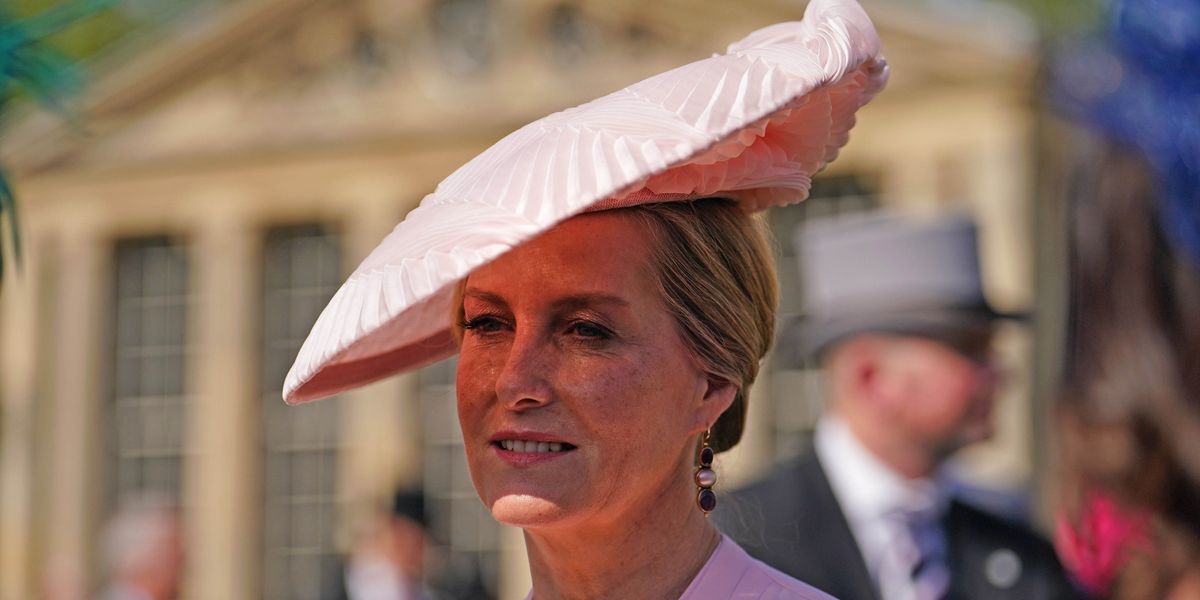The show is good-natured, practical and surprisingly moving, with lines such as: “Do we really need 124 towels or 106 spanners?”
Dilly Carter is a professional organiser, and one of the hosts of Sort Your Life Out.
“The show succeeds because it’s so relatable,” she says. “No matter what size house you have, or who you live with, you can relate to the family who have 45 mobile phone chargers, or who have recently lost a parent or a spouse. And if it’s not you, it could be your sister, brother or parent.” The warehouse scene in particular is universal, she says: “Everyone watching thinks: imagine if that was my house!”
The show resonates, she adds, because we all have “stuff”, and we have an emotional attachment to it. And like the families on the show, we can’t bear to throw anything away.
“The first thing to emphasise is that it’s not about your stuff, it’s about you,” says Juliet Landau-Pope, a social-sciences-academic-turned-professional-organiser, and the author of What’s Your Excuse For Not Clearing Your Clutter? “Most of what we buy or collect is not because of our physical needs, but because of our emotional ones. Our possessions represent a tangled mix of anxieties, aspirations, fears and fantasies. They link us through memory to the past and also with hope for the future.”
It is perhaps helpful to draw a distinction between living among clutter, and being “a hoarder” – a term which people with busy homes might use light-heartedly to describe themselves. Hoarding disorder is now recognised as a complex mental health condition.
“People exist along a continuum of tidiness,” says Sharon Morein, an associate professor and the head of the Possessions and Hoarding Collective at Anglia Ruskin University. “But living in clutter can become hoarding disorder when it’s chronic, distressing and maladaptive – for example, you can’t sleep in your bed, or use your bathroom, because of all the possessions you have.”
For most of us, thankfully, household clutter is more an annoyance, a manageable accumulation of years of acquisition. “We live in a society where we are constantly encouraged to buy stuff,” says Landau-Pope. “And so we accumulate: through shopping, the presents we receive, souvenirs from holidays. It starts from childhood: we are taught to play shopping games, but not how to let things go. People don’t learn ‘exit strategies’, we aren’t instructed what to do with the old stuff.”
Carter points to an instant and increasing buying culture. “Everyone wants everything, now,” she says. “From my sunbed here in Marbella, I can buy something from Amazon on my phone. And despite the financial crisis, we show no signs of slowing down. We just buy cheaper things.”

Laura Adams is a tech enthusiast residing in the UK. Her articles cover the latest technological innovations, from AI to consumer gadgets, providing readers with a glimpse into the future of technology.








